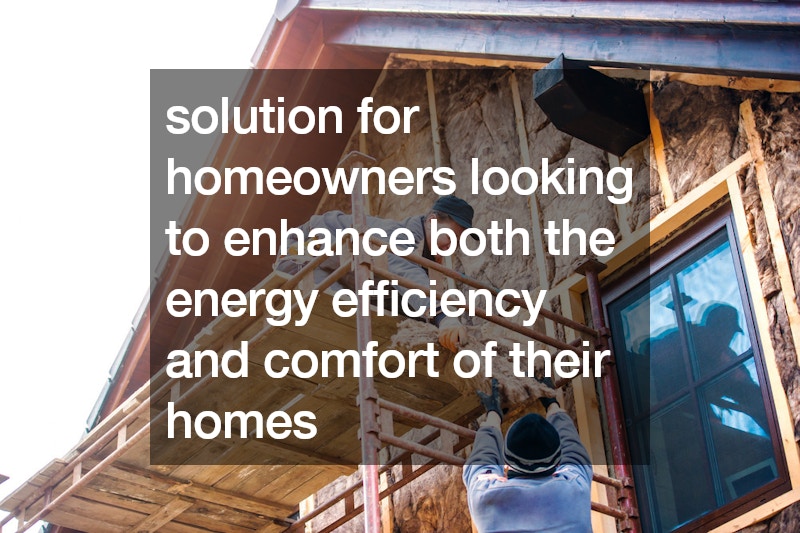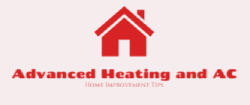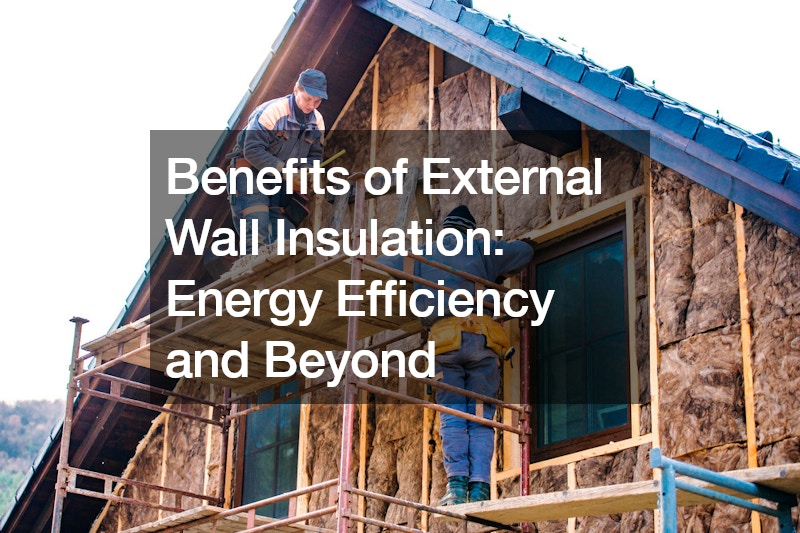External wall insulation (EWI) has emerged as a pivotal and game-changing solution for homeowners looking to enhance both the energy efficiency and comfort of their homes. This method involves insulating the outer walls of a building, creating a thermal barrier that reduces heat loss and improves overall energy performance. Beyond its primary function of reducing heating costs, EWI offers a range of additional benefits that contribute to a more sustainable and comfortable living environment.
Enhanced Energy Efficiency
The foremost benefit of external wall insulation is its ability to significantly enhance energy efficiency. By wrapping a building in a layer of insulation material, EWI prevents heat loss through the walls during colder months and helps maintain cooler indoor temperatures in summer. This thermal barrier minimizes reliance on heating and cooling systems, thereby reducing energy consumption and lowering utility bills over time. Homeowners often report noticeable savings on their energy bills after installing external wall insulation, making it a cost-effective long-term investment.
Improved Thermal Comfort
In addition to reducing energy costs, EWI enhances thermal comfort within the home. Insulated external walls help maintain stable indoor temperatures, eliminating cold spots and drafts that are common in uninsulated buildings. This creates a more consistent and comfortable living environment year-round, ensuring that occupants can enjoy warmth in winter and cooler temperatures in summer without excessive reliance on heating or air conditioning.
Noise Reduction Benefits
External wall insulation also acts as an effective barrier against external noise pollution. The dense layer of insulation material absorbs sound waves before they can penetrate into the interior of the building. This can be particularly advantageous for homes located in noisy urban areas or near busy roads, where external noises can disrupt daily life and affect overall well-being. By reducing noise transmission, EWI contributes to a quieter and more peaceful indoor environment, enhancing the quality of life for occupants.
Enhanced Building Durability
Beyond energy efficiency and comfort, external wall insulation can also improve the durability and lifespan of a building. The additional layer of insulation serves as a protective shield for the underlying walls, shielding them from the elements such as rain, wind, and temperature fluctuations. This helps prevent moisture ingress and reduces the risk of dampness or mold growth, which can compromise structural integrity over time. By maintaining a stable internal environment, EWI contributes to the preservation of building materials and extends the overall lifespan of the property.
Aesthetics and Property Value
External wall insulation can also enhance the aesthetic appeal and market value of a property. The external finish applied over the insulation can be customized to suit the homeowner’s preferences, ranging from traditional renders to modern cladding materials. This allows for the transformation of the building’s exterior appearance, potentially increasing curb appeal and attracting prospective buyers or tenants. Additionally, properties with improved energy efficiency ratings due to EWI may command higher resale values in the real estate market, offering a return on investment beyond initial installation costs.
Environmental Sustainability
From an environmental standpoint, external wall insulation contributes to reducing a building’s carbon footprint. By decreasing energy consumption for heating and cooling, EWI helps lower greenhouse gas emissions associated with fossil fuel-based energy sources. This aligns with global efforts to mitigate climate change and promote sustainable building practices. Furthermore, many insulation materials used in EWI are manufactured from recycled or recyclable materials, further reducing environmental impact and supporting a circular economy approach.
Conclusion
External wall insulation offers a multitude of benefits that extend far beyond energy efficiency alone. From enhancing thermal comfort and reducing noise pollution to improving building durability and increasing property value, EWI represents a comprehensive solution for homeowners seeking to upgrade their living spaces sustainably. By investing in external wall insulation, homeowners not only lower their energy bills and enhance comfort but also contribute to environmental conservation efforts. As the demand for energy-efficient and sustainable housing continues to rise, EWI stands out as a practical and effective solution for modernizing homes and enhancing overall quality of life.
In conclusion, external wall insulation is a versatile and impactful investment that combines economic benefits with environmental responsibility. Whether retrofitting an existing home or incorporating it into new construction projects, EWI offers homeowners a pathway to greater energy efficiency, comfort, and long-term sustainability. Choosing external wall insulation is not just about saving money—it’s about creating a more comfortable, durable, and environmentally-friendly home for the future. With its myriad benefits, EWI remains a cornerstone of modern home improvement strategies, ensuring a greener and more efficient built environment for generations to come.
.


